Today, on the occasion of the 150th birth anniversary of Tribal leader Birsa Munda, Prime Minister Narendra Modi launched a commemorative coin and postal stamp in his honour. Modi paid tribute to Munda and said he sacrificed everything to protect the honour and glory of the motherland.
In a tribute to Munda's legacy, the government has declared the period until November 15, 2025, as "Adivasi Gaurav Din" (Tribal Pride Day).
Born on November 15, 1875, in the heart of Chhotanagpur, Birsa Munda grew up in a small village that would become the crucible of his revolutionary spirit. As he grew up, he became increasingly aware of the exploitation of Adivasis by wealthy landlords and the British government.
Munda spoke up one day, and from then on, he started a journey that would lead him to become one of India's greatest tribal leaders and symbols of resistance. Munda was a youthful freedom fighter and tribal leader whose spirit of action in the late nineteenth century is regarded as a powerful symbol of rebellion against British rule in India. He died in British custody at a young age of 25 years.
Munda spent his childhood surrounded by Christian missionaries, whose main mission was to convert as many tribal people as possible. He was advised by his teacher to enrol in the German Mission school, but to get admitted, Munda was forced to convert to Christianity and was renamed Birsa David, later Birsa Daud. After studying for a few years, Birsa left the German Mission School.
Between 1886 and 1890, Birsa Munda spent a significant amount of time in Chaibasa, present-day Jharkhand, which was close to the centre of the Sardars. This had a strong impact on the young Birsa, who soon became part of the anti-missionary and anti-government movement. Birsa then founded a new religion called Birsait, which believed in One God and encouraged people to revert to their original religious beliefs.
His religious preaching had a remarkable effect on his followers, known to the British as Birsaites. There are various songs and poems recited by the Birsaites dedicated to Birsa, such as:
"Birsa says, give up drinking rice-beer and liquor.
For this reason, our land drifts away.
Drunkenness and sleep are no good.
The enemies laugh at us.
The beer distilled from fermented rice stinks.
A person’s body and spirit too decay likewise.” (Chanda, 2016, p. 22)
Through his religion, Munda also preached a strong anti-British sentiment and mobilised thousands of tribal folk to form guerrilla armies to attack the Raj. His slogan threatening the British Raj is still remembered today in the states of Odisha, Bihar, West Bengal, and Madhya Pradesh. The slogan was "Raj setar Jana, Maharani raj tundu jana," which means "Let the Kingdom of the Queen be ended, and our kingdom will be established."
As his awareness of British atrocities grew, Birsa Munda also participated in anti-missionary and anti-establishment activities between 1886 and 1890 in Chaibasa, and started a movement called ‘Ulgulan,’ or ‘The Great Tumult.’ He was arrested by the British police on March 3, 1900, and died in Ranchi on June 9 of that year.
Read the full profile on Munda: ‘A Tribal Folk Hero and Freedom Fighter’ by Ramya.
In Outlook’s story ‘Champion of Adivasi Rights and Autonomy,’ Kunal Shahdedo discusses how Birsa Munda's resistance held great importance and inspired subsequent generations of Adivasi leaders to fight for the separate statehood of Jharkhand. However, he remained a relatively obscure figure in the national consciousness until the early decades of independence.
Birsa Munda's birth anniversary is more than just a day to remember. It's a tribute to a man who forever changed the course of India's tribal movement and fought for their rights throughout his life.






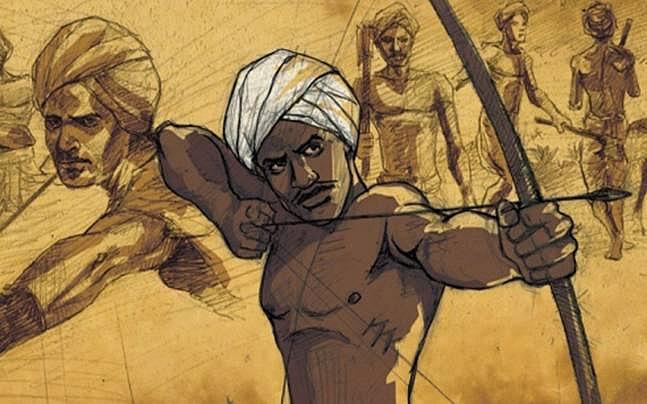
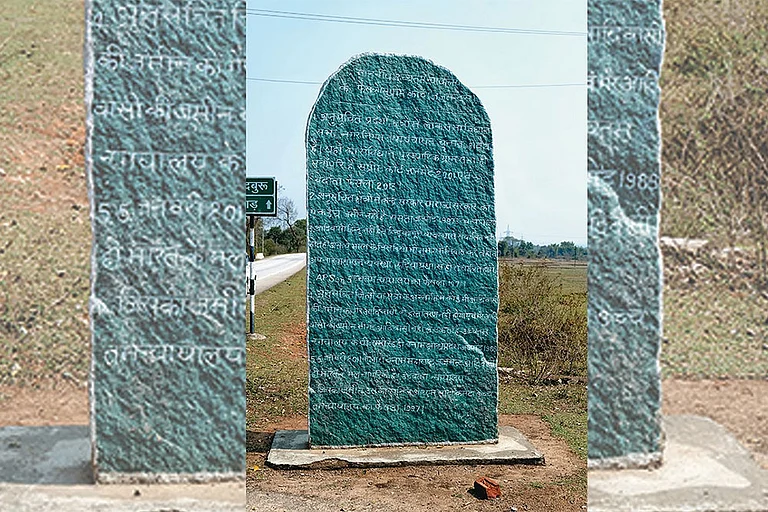

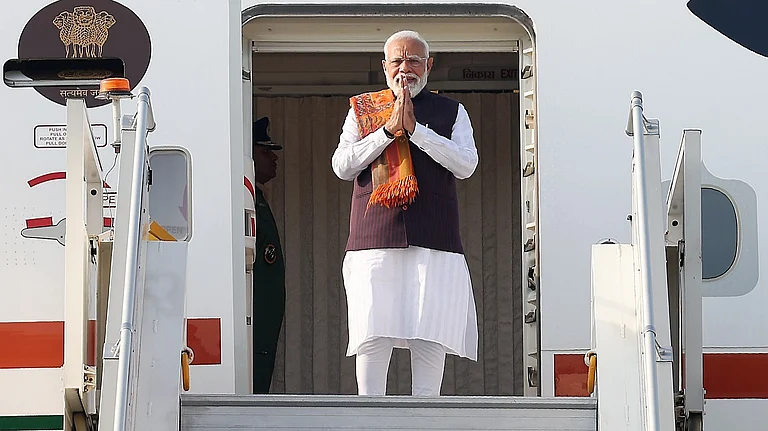

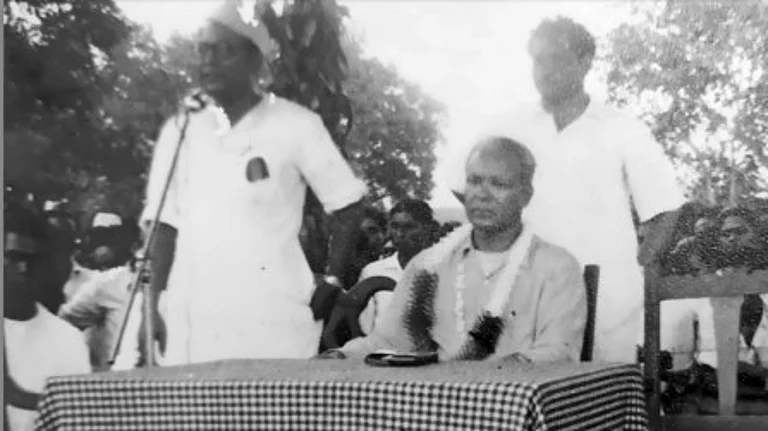

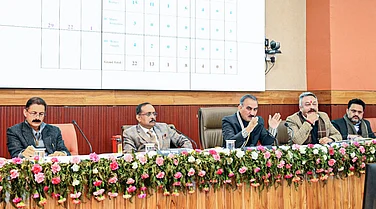







.png?w=200&auto=format%2Ccompress&fit=max)





